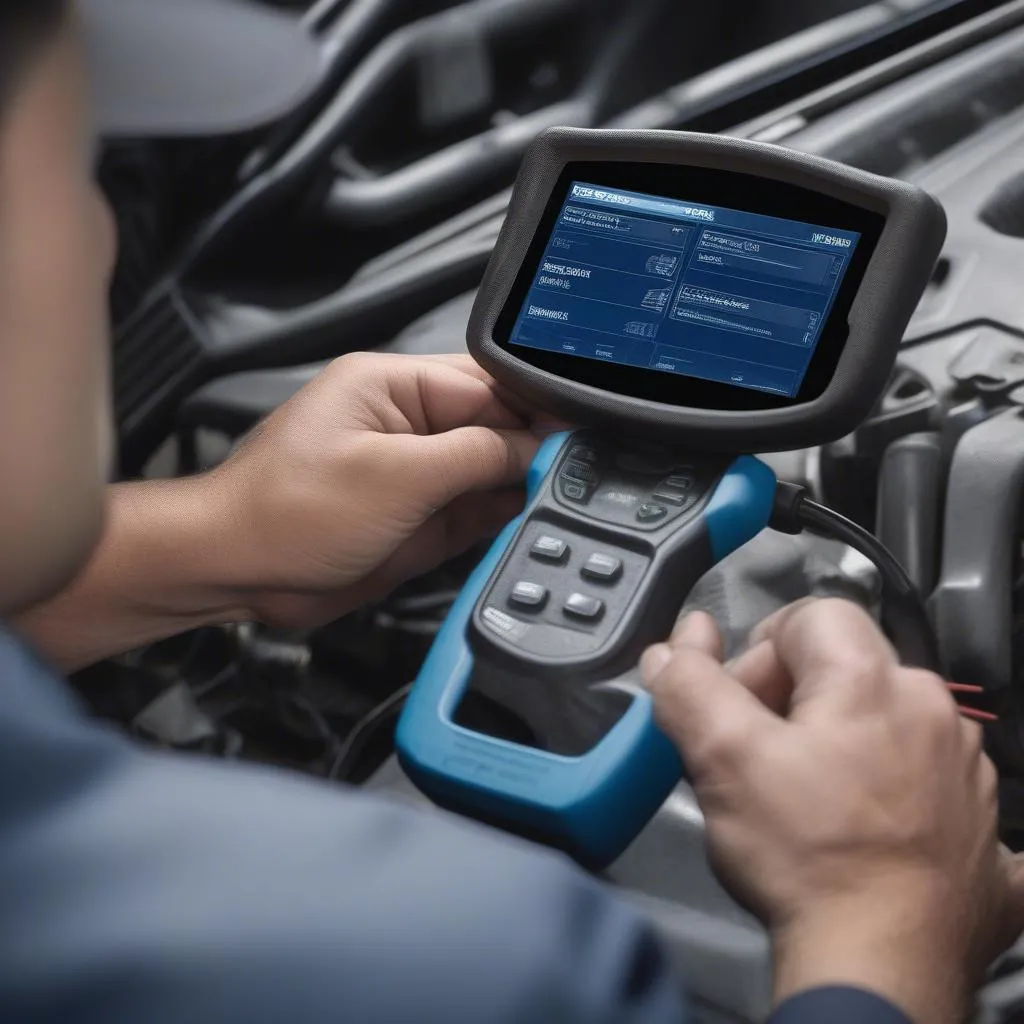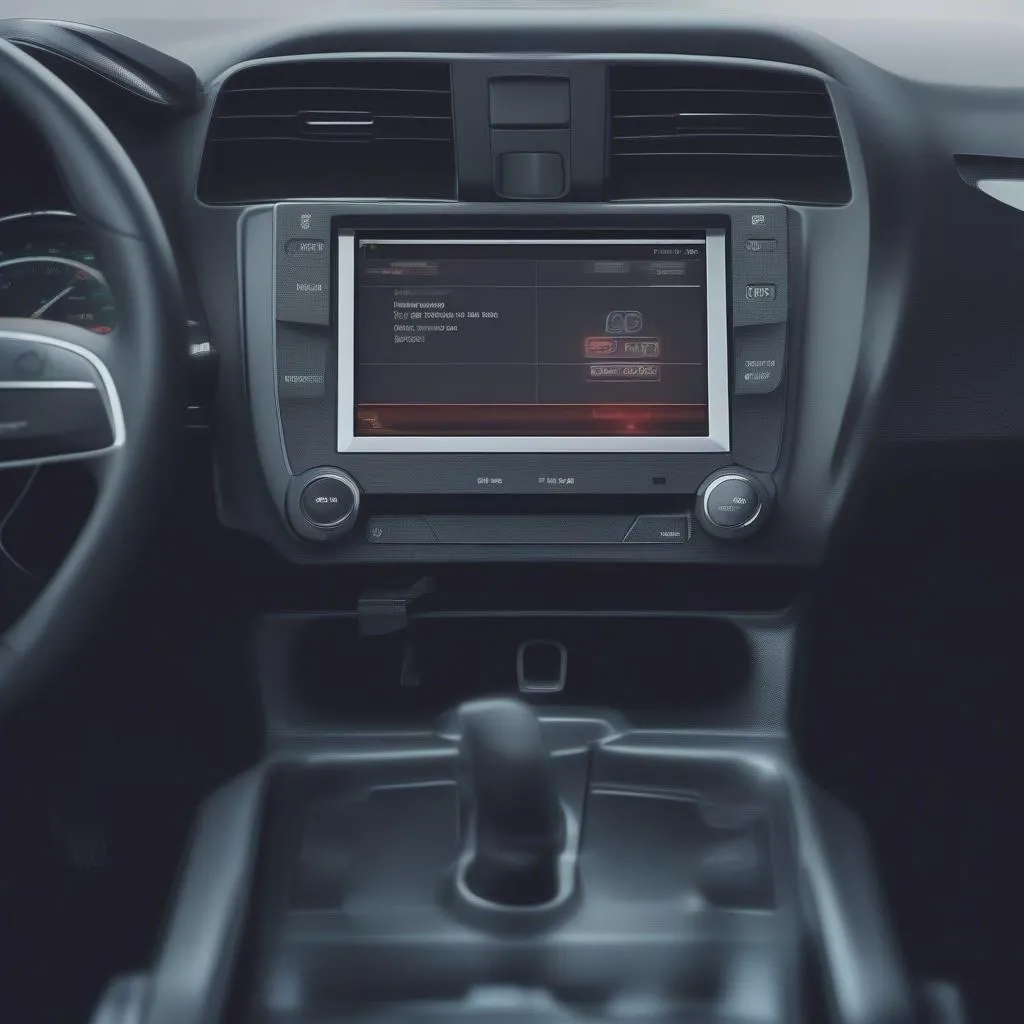Imagine this: you’re driving down the road, enjoying the open highway, when suddenly your car starts sputtering and the engine light flickers on. You pull over, check under the hood, and find nothing obvious. Then you think, “Maybe it’s the catalytic converter?” But how do you know for sure? Can a scan tool tell you if your catalytic converter is bad?
Why This Question Matters
This question is important for anyone who owns a car, especially for car owners in countries like the US, where catalytic converters are a crucial component for meeting emissions standards. A faulty catalytic converter can lead to various issues, including:
- Reduced fuel efficiency: A clogged catalytic converter restricts exhaust flow, which can reduce your gas mileage.
- Engine performance problems: A failing catalytic converter can cause your engine to run poorly, leading to sputtering, misfiring, or even stalling.
- Increased emissions: A malfunctioning catalytic converter can release harmful pollutants into the atmosphere, contributing to air pollution.
- High repair costs: Replacing a catalytic converter can be an expensive repair, especially if you have a newer vehicle.
What a Scan Tool Can and Can’t Detect
A scan tool is a valuable diagnostic tool that can help you identify potential problems with your vehicle. It connects to your car’s onboard computer and reads diagnostic trouble codes (DTCs) that can indicate specific issues.
Here’s the thing: While a scan tool can detect some issues related to the catalytic converter, it can’t directly diagnose a bad catalytic converter.
How a Scan Tool Can Help
- Identifying Potential Problems: A scan tool can read codes related to exhaust system issues, like P0420 (Catalyst System Efficiency Below Threshold (Bank 1)) or P0430 (Catalyst System Efficiency Below Threshold (Bank 2)). These codes can indicate that your catalytic converter may be malfunctioning.
- Monitoring Sensor Data: Some scan tools can provide live data from various sensors, including oxygen sensors. This information can help determine if the oxygen sensors are functioning correctly, which can be a clue about the health of your catalytic converter.
What a Scan Tool Can’t Do
- Directly Diagnose a Bad Catalytic Converter: A scan tool can’t directly measure the performance of the catalytic converter itself. It can only identify potential problems based on codes and sensor readings.
- Distinguish Between Catalyst Problems and Other Issues: Many problems can trigger similar codes, like a faulty oxygen sensor, an exhaust leak, or even a bad fuel injector. A scan tool alone can’t determine the exact source of the issue.
Why a Scan Tool May Show a Faulty Catalytic Converter
Let’s dive deeper into how a scan tool can indicate potential issues with your catalytic converter. Imagine this: You’re driving a 2019 Toyota Corolla in Los Angeles, California, and you get the “check engine” light on. You bring your car to a mechanic, and they use a scan tool to read the codes. The scan tool shows a P0420 code.
Now, while a P0420 code usually points to the catalytic converter, it could also be an issue with:
- Faulty Oxygen Sensors: Oxygen sensors are crucial for monitoring exhaust gas and informing the engine control module (ECM) about the efficiency of the catalytic converter. A faulty oxygen sensor can trigger a false code, leading you to believe your catalytic converter is bad.
- Exhaust Leaks: Leaks in the exhaust system can affect the oxygen sensor readings, triggering a P0420 code even if the catalytic converter is working properly.
- Fuel System Problems: A bad fuel injector can cause excessive unburnt fuel to reach the catalytic converter, potentially leading to a P0420 code.
What to Do When Your Scan Tool Shows a Problem
If your scan tool shows a code related to the catalytic converter, it’s important to take the following steps:
- Investigate Further: Don’t jump to conclusions! A scan tool is just one tool in the diagnostic process. You’ll need to investigate further to pinpoint the exact cause of the problem.
- Consult a Mechanic: A qualified mechanic can perform a more thorough inspection of your exhaust system and catalytic converter to determine the root cause of the problem.
- Don’t Delay: If you suspect your catalytic converter is failing, it’s important to address the issue quickly. Driving with a bad catalytic converter can damage other parts of your vehicle and lead to expensive repairs in the long run.
FAQs About Catalytic Converters
Can a scan tool detect a bad catalytic converter in a Mercedes-Benz C-Class?
While a scan tool can indicate potential issues with the catalytic converter in a Mercedes-Benz C-Class, it can’t directly diagnose a bad catalytic converter. It’s important to consult a qualified mechanic to perform a thorough inspection and diagnosis.
What are the common signs of a bad catalytic converter in a 2020 Ford Mustang?
In a 2020 Ford Mustang, signs of a bad catalytic converter include:
- The engine light (check engine light) coming on.
- Reduced engine power or acceleration.
- Sputtering or misfiring.
- A rattling or knocking noise from the exhaust system.
- Increased fuel consumption.
- A strong smell of sulfur from the exhaust.
How can I test my catalytic converter without a scan tool?
While a scan tool is the most reliable method for diagnosing catalytic converter issues, you can perform some basic checks:
- Visually Inspect the Catalytic Converter: Look for any signs of damage, cracks, or rust. However, visual inspection alone isn’t enough to determine if the catalytic converter is working properly.
- Check for Exhaust Leaks: Inspect the exhaust system for any leaks.
- Listen to the Engine: A rattling or knocking sound from the exhaust system could indicate a problem with the catalytic converter.
What to Do Next
If you’re facing issues with your catalytic converter, don’t hesitate to reach out to us at Diag XCar for expert guidance and support. Our team of certified technicians can provide you with reliable diagnostics and repair solutions, ensuring your vehicle runs smoothly and efficiently. Contact us today via WhatsApp at +84767531508 for a free consultation!
Explore Further
For more information about car diagnostics and common car problems, you can check out these articles on our website:
- Reasons Why Your Check Engine Light Comes On
- How to Check for a Bad Cat Converter Using a Scan Tool
- Usual Car Problems
We encourage you to share your experiences and ask any further questions in the comments section below. We’re always here to help!
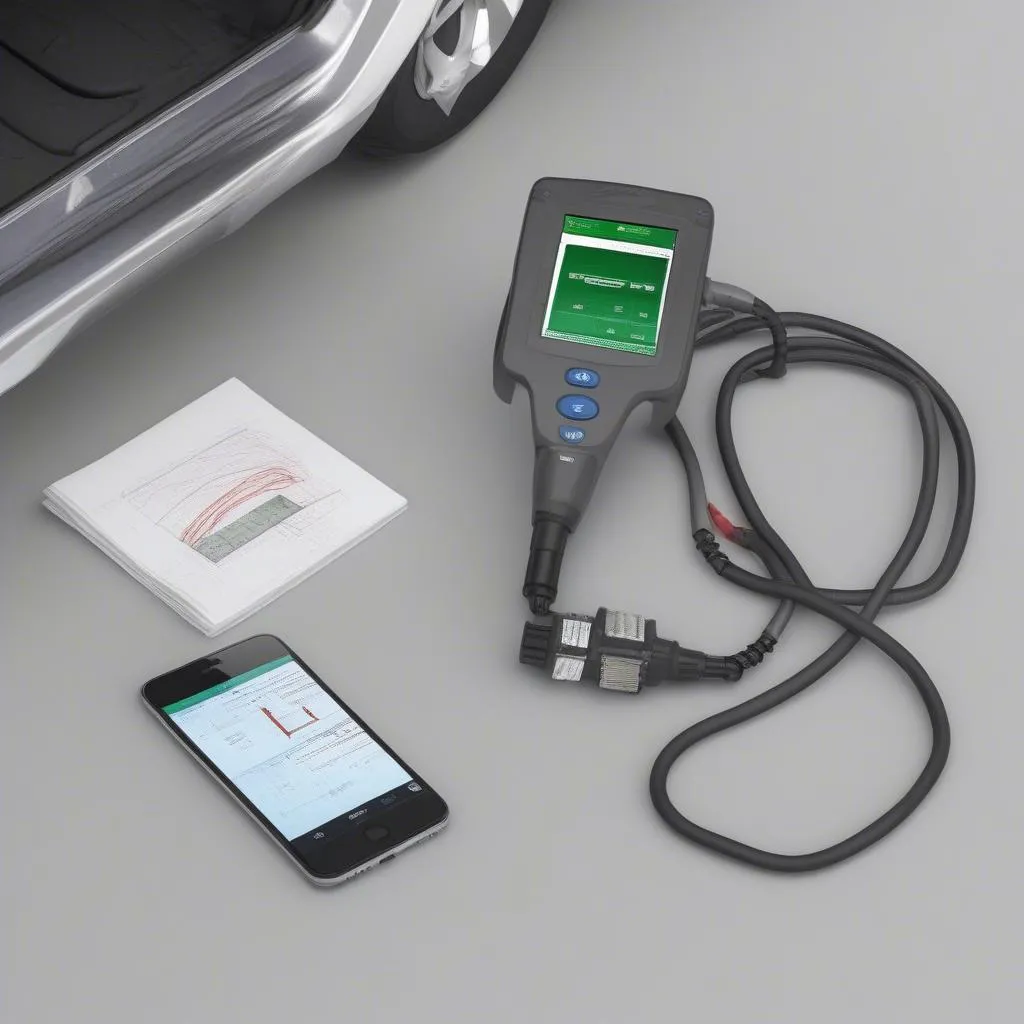 Scan tool and Catalytic Converter
Scan tool and Catalytic Converter
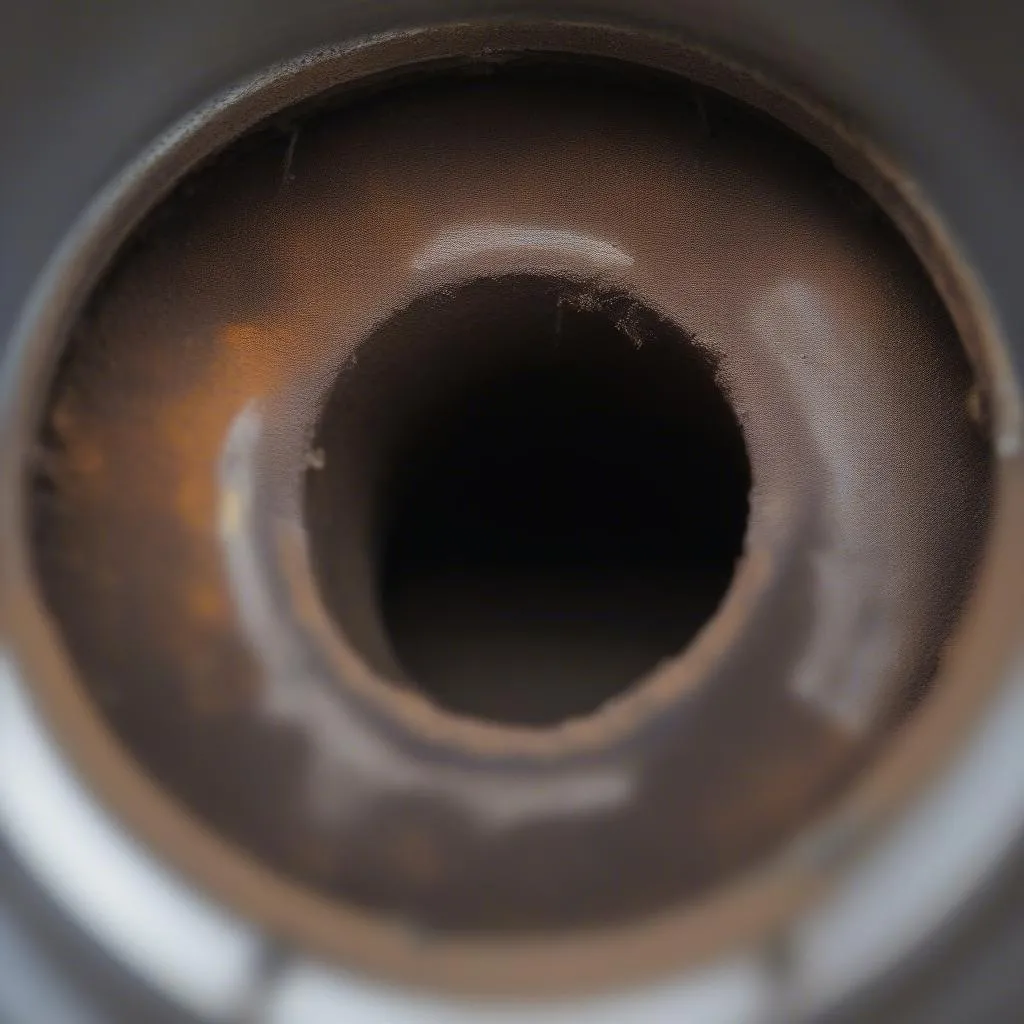 Damaged Catalytic Converter
Damaged Catalytic Converter
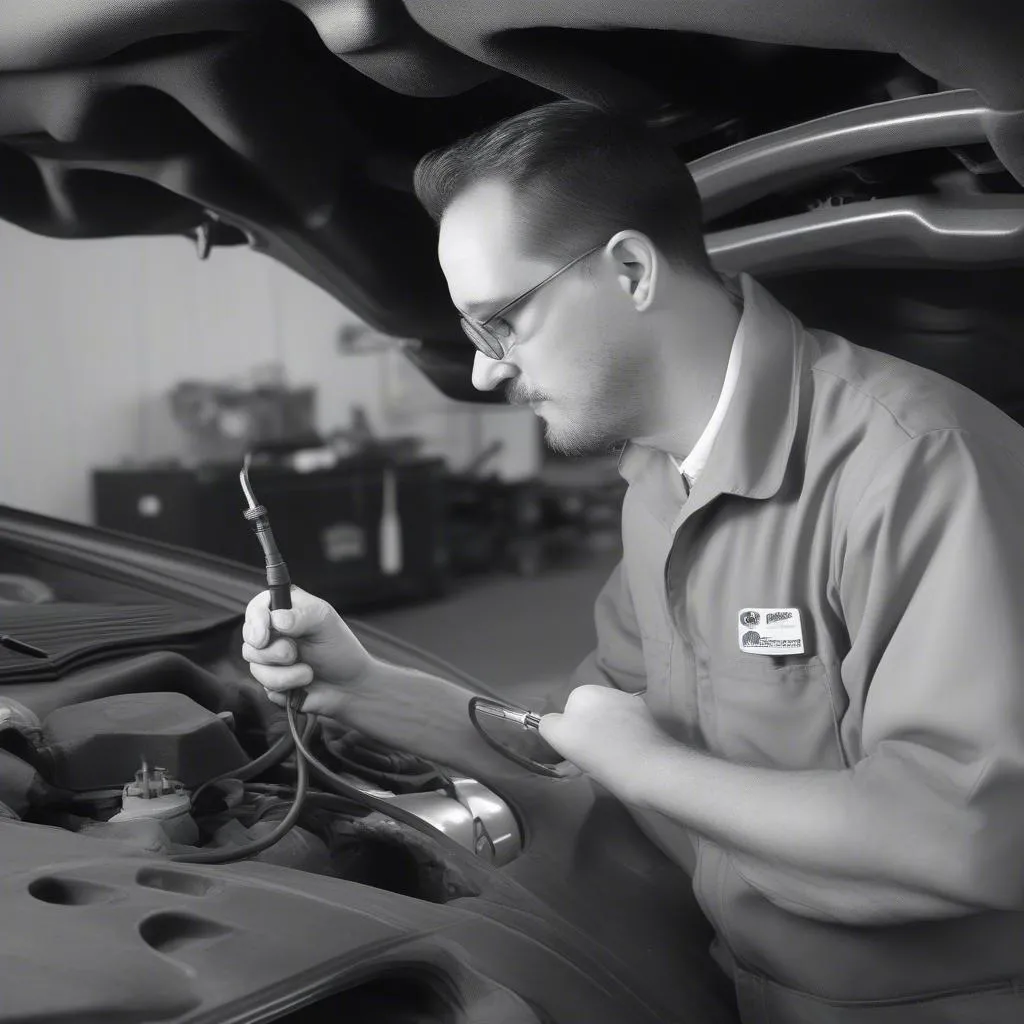 Mechanic Inspecting Catalytic Converter
Mechanic Inspecting Catalytic Converter
